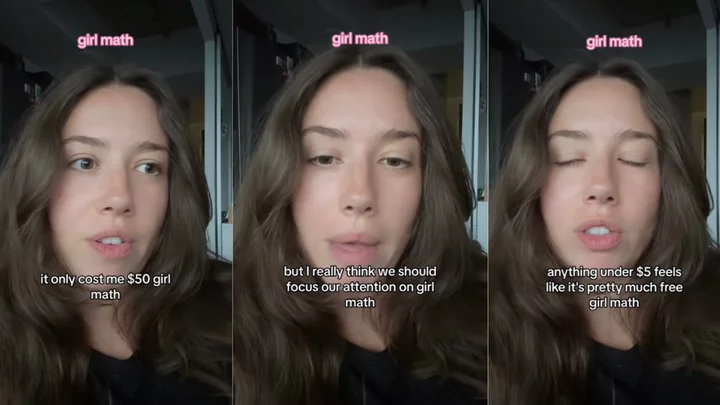Art fans have been left convinced of “time travel” after spotting what they're claiming to be an “iPhone” in a piece of art from 1882.
The 19th-century image shows the famous Scottish poet Robert Burns holding a rectangular item in a piece of art by the artists R. Josey and James Archer.
It is titled The Betrothal of Burns and Highland Mary and depicts the poet and his love, Mary Campbell, as they declare their love for one another.
In the engraving, Burns is dressed in outdoor clothing with a hat in one hand and his coat draped over his arm.
Sign up to our free Indy100 weekly newsletter
The other hand appears to be holding the object which he is handing to Campbell, who stands barefoot across the River Ayr from him.
Josey and Archer’s engraving pre-dates the invention of the iPhone by around 125 years, with London beginning the operation of the world’s first coal-fired public electricity generating station at the time.
But, while the device certainly resembles an early-generation iPhone, there is a simpler explanation that does not involve time travel.
When Burns and Campbell declared their love for one another, they signified the moment with the tradition of exchanging Bibles across a running stream.
Their plans to marry were formed in 1786 over the river in west Scotland with the ancient tradition, suggesting that the object depicted is a religious book, not a time-travelling iPhone.
It’s not the first time a modern-day item has been spotted in an early piece of art after a “Nike trainer” was supposedly seen in a painting from the 17th century.
Have your say in our news democracy. Click the upvote icon at the top of the page to help raise this article through the indy100 rankings.









